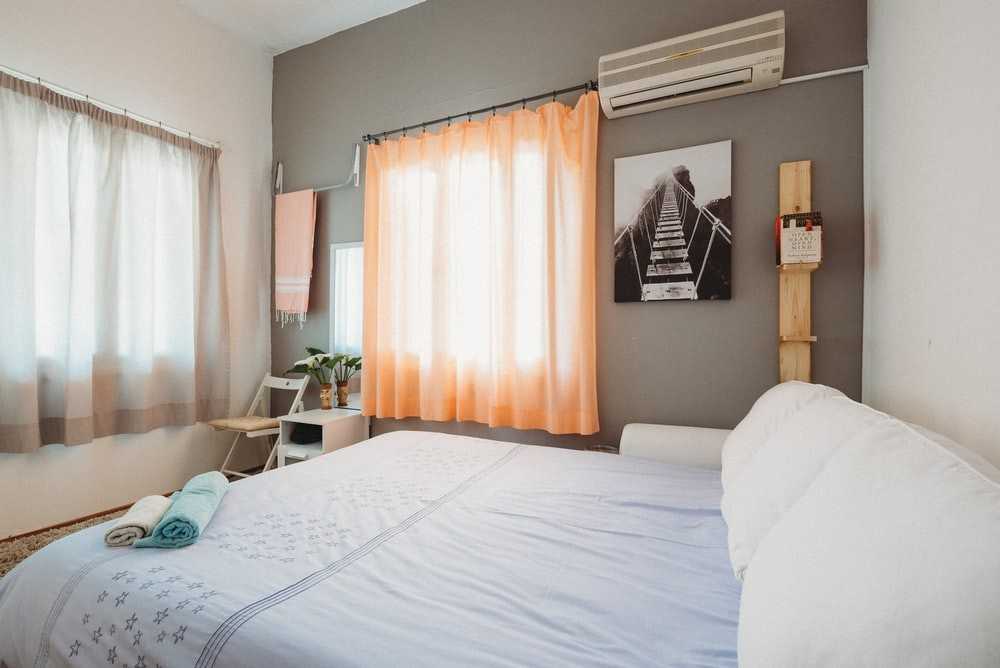
Home
Every homeowner wishes two things for their home: cheap energy costs and excellent interior security. These things are especially important due to the onslaught of a pandemic. Many homeowners are aware that for their houses to be energy-efficient, they would need some upgrades.
Unfortunately, most are uncertain of how to proceed. Well, we are here to give you a hand!
Tips Towards a More Energy-Efficient Home
#1: Water Heater Replacement
Updating your heating system is a brilliant way to save money. A good upgrade would be a combi boiler, that serves as a water heater and central water heating. Make sure you choose the best combi boiler available in the market today. According to Energy Star, gas boilers and water heaters are typically 2–3 times more effective than standard heating systems. With this, a large family may save up to $3,750 over the unit’s lifetime just by upgrading.
It is also crucial to check on your water heaters.
Tankless water heaters are considered more compact and would reduce your energy use because they would not roll up your electricity bills by keeping hot water stocked for later use.
#2: Ductless Mini-Split Upgrade
Ductless mini-split heaters may completely replace your HVAC system, providing both cooling and heating that suits your preferences. Central ducting leaks may waste up to 30% of the electricity your HVAC system generates.
Still, a mini-split AC and heating settings can provide a hundred percent of the conditioned air that you’re currently paying.
#3: Insulating and air-sealing your home
Another way to which homeowners may benefit from improvements is through looking at their old insulations. According to the Environmental Protection Agency, upgrading attic insulation and installing basement waterproofing and air sealing may save you up to 15% on your yearly cooling and heating expenses.
Basement waterproofing is a critical step in protecting your home from water damage. Water entering basements can cause significant and costly damage to both the structure of the house and its contents. Without proper waterproofing, moisture can enter through cracks and crevices, potentially leading to serious problems such as mold growth, wood rot, and weakened foundations.
Getting additional information on spray foam insulation and blown-in cellulose from an experienced insulation specialist near you could save you the most money.
#4: Shifting to Solar Power
Solar panel placement on your rooftop may not only help you save money on your monthly power bills. It can also help you save money on other household performance systems like pool heating or solar water heater.
Moreover, with a solar standby generator or a backup battery, you’ll never be without power again when there is a Public Safety Power Shutdown or an unforeseen outage.
The federal solar tax credit, which enables you to deduct up to 26 percent of your solar installation expenses from up to two consecutive years of unpaid federal taxes, will help you convert your energy source to solar while saving thousands of installation costs.
The simple gesture of combining solar energy with house improvements will allow you to generate power to sustain your electricity demand while saving up in the process. A solar energy system may be smaller, but it is less costly to install and still produces sufficient electricity output for your home.
#5: Be fully connected by going wireless!
Do you want to keep track of your home’s regular energy use? Through a smart thermostat, it could be managed and accessed from your phone, desktop, or tablet, allowing you access to your home’s HVAC systems at all times. You can even set up a monitoring system that shows real-time data from your smart meter, and it would tell you how and where your energy is utilised in your home.





